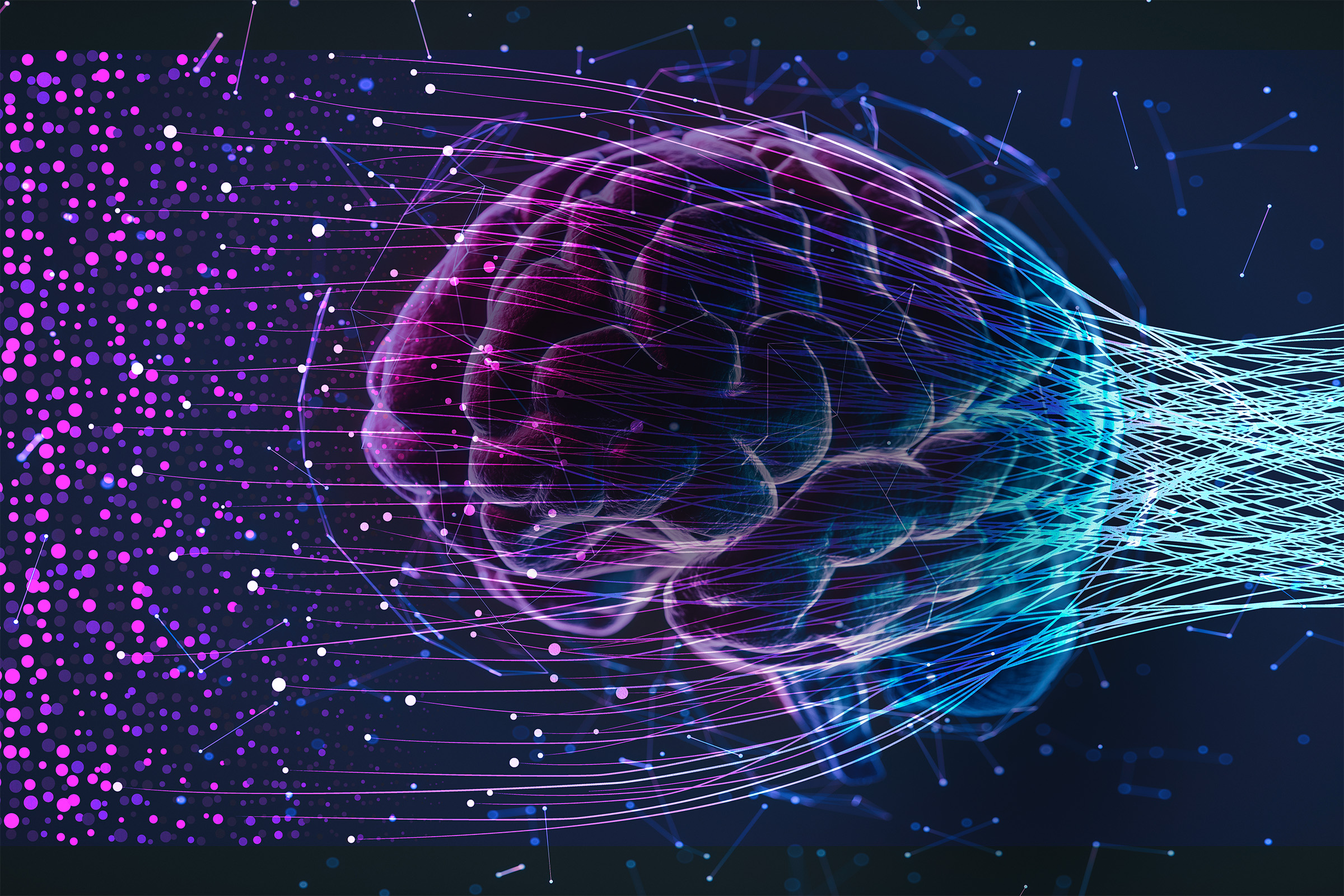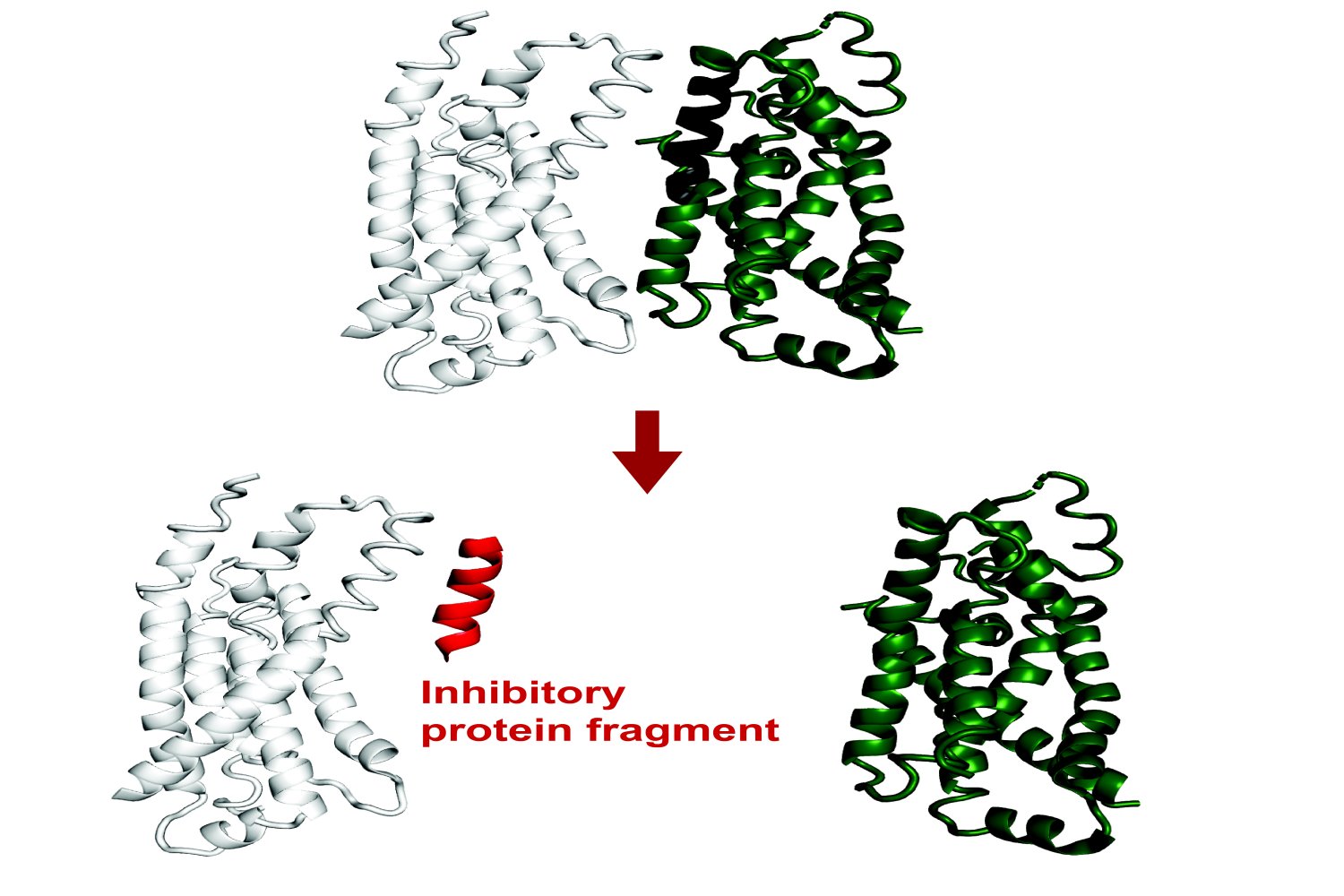Mathematics as the Backbone of Data Science and Machine Learning
In today’s data-driven world, data science and machine learning have emerged as powerful tools for deriving insights and predictions from vast amounts of information. However, at the core of these disciplines lies an essential element that enables data scientists and machine learning practitioners to create, analyze, and refine models: mathematics. Mathematics is not merely a tool in data science; it is the foundation upon which the field stands.
Data Representation and Transformation
Mathematics provides the language and tools to represent data in a structured way, enabling transformations and manipulations that reveal patterns, trends, and insights. For instance, linear algebra is critical for data representation in multidimensional space, where it enables transformations such as rotations, scaling, and projections. These transformations help reduce dimensionality, clean data, and prepare it for modeling. Vector spaces, matrices, and tensors – concepts from linear algebra – are foundational to understanding how data is structured and manipulated.
Statistical Analysis and Probability
Statistics and probability theory are essential for making inferences and drawing conclusions from data. Probability theory allows data scientists to understand and model the likelihood of different outcomes, making it essential for probabilistic models and for understanding uncertainty in predictions. Statistical tests, confidence intervals, and hypothesis testing are indispensable tools for making data-driven decisions. In machine learning, concepts from statistics help refine models and validate predictions. For example, Bayesian inference, a probability-based approach, is critical for updating beliefs based on new evidence and is widely used in machine learning for tasks such as spam detection, recommendation systems, and more.
Optimization Techniques
Almost every machine learning algorithm relies on optimization to improve model performance by minimizing or maximizing a specific objective function. Calculus, particularly differential calculus, plays a key role here. Concepts such as gradients and derivatives are at the heart of gradient descent, a core algorithm used to optimize model parameters. For instance, neural networks – one of the most popular models in machine learning – use backpropagation, an optimization method reliant on calculus, to adjust weights and minimize error in predictions. Without a strong understanding of optimization and calculus, the inner workings of many machine learning models would remain opaque.
Key Mathematical Disciplines in Data Science and Machine Learning
For those entering the fields of data science and machine learning, certain areas of mathematics are particularly important to master:
- Linear Algebra: Linear algebra is essential because it underpins many algorithms and enables efficient computation. Machine learning models often require high-dimensional computations that are best performed with matrices and vectors. Understanding concepts such as eigenvalues, eigenvectors, and matrix decomposition is fundamental, as these are used in algorithms for dimensionality reduction, clustering, and principal component analysis (PCA).
- Calculus: Calculus is essential for optimization in machine learning. Derivatives allow for understanding how changes in parameters affect the output of a model. Calculus is especially important in training algorithms that adjust parameters iteratively, such as neural networks. Calculus also plays a role in understanding and implementing activation functions and loss functions.
- Probability and Statistics: Data science is rooted in data analysis, which requires probability and statistics to interpret and infer conclusions from data. Probability theory is also crucial for many machine learning algorithms, including generative models. Concepts such as probability distributions, Bayes’ theorem, expectation, and variance form the backbone of many predictive algorithms.
Mathematics for Generative AI
Generative AI, which includes models like Generative Adversarial Networks (GANs) and transformers, has revolutionized the field of artificial intelligence by creating new data rather than simply analyzing existing data. These models can produce realistic images, audio, and even text, making them powerful tools across various industries. However, to truly understand generative AI, a solid foundation in specific areas of mathematics is essential:
- Linear Algebra and Vector Calculus: Generative AI models work with high-dimensional data, and understanding transformations in vector spaces is crucial. For instance, GANs involve complex transformations between latent spaces (hidden features) and output spaces, where linear algebra is indispensable. Calculus also helps in understanding how models are trained, as gradients are required to optimize the networks involved.
- Probability and Information Theory: Generative models are deeply rooted in probability theory, particularly in their approach to modeling distributions of data. In GANs, for instance, a generator network creates data samples, while a discriminator network evaluates them, leveraging probability to learn data distributions. Information theory, which includes concepts like entropy and mutual information, also helps in understanding how information is preserved or lost during transformations.
- Optimization and Game Theory: Generative models often involve optimization techniques that balance competing objectives. For example, in GANs, the generator and discriminator are set in an adversarial relationship, which can be understood through game theory. Optimizing this adversarial process requires understanding saddle points and non-convex optimization, which can be challenging without a solid grounding in calculus and optimization.
Conclusion
The field of data science and machine learning requires more than just programming skills and an understanding of algorithms; it demands a robust mathematical foundation. Mathematics provides the principles needed to analyze, optimize, and interpret models. For those aspiring to enter the realm of generative AI, a solid foundation in linear algebra, calculus, probability, and optimization is especially vital to understand the mechanics of model generation and adversarial training. Whether you are classifying images, generating new text, or analyzing data trends, mathematics remains the backbone that enables accurate, reliable, and explainable machine learning and data science solutions.











